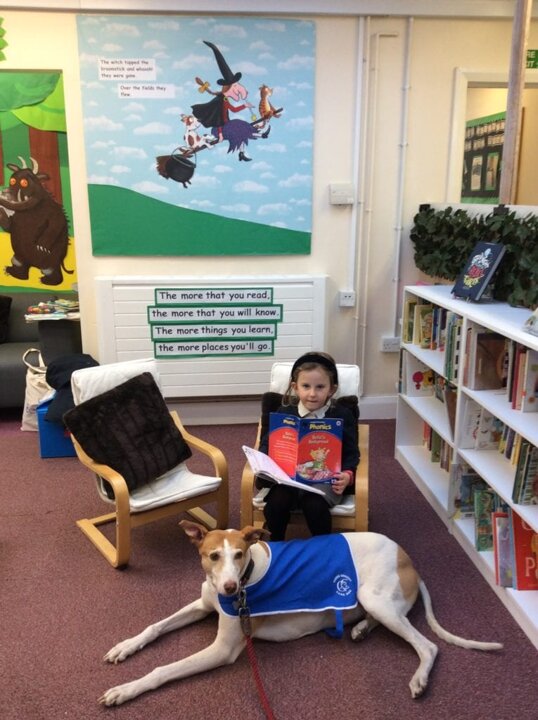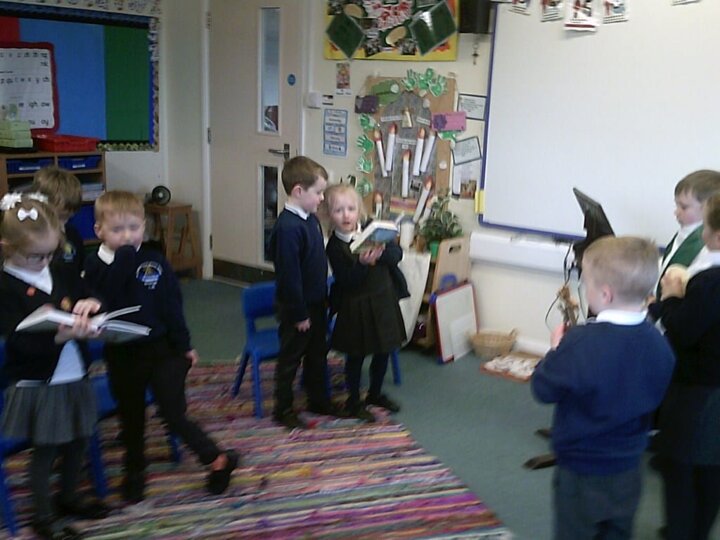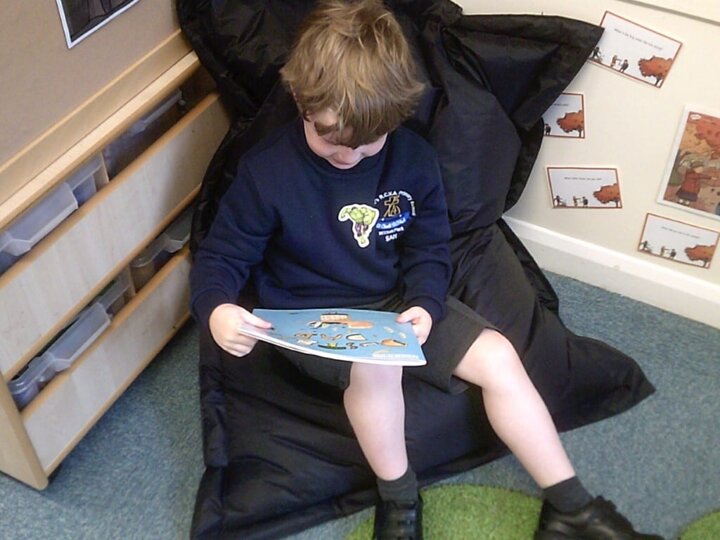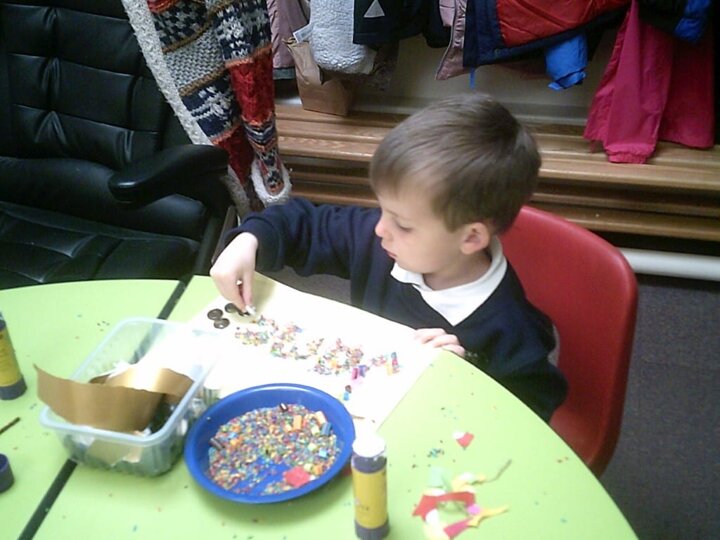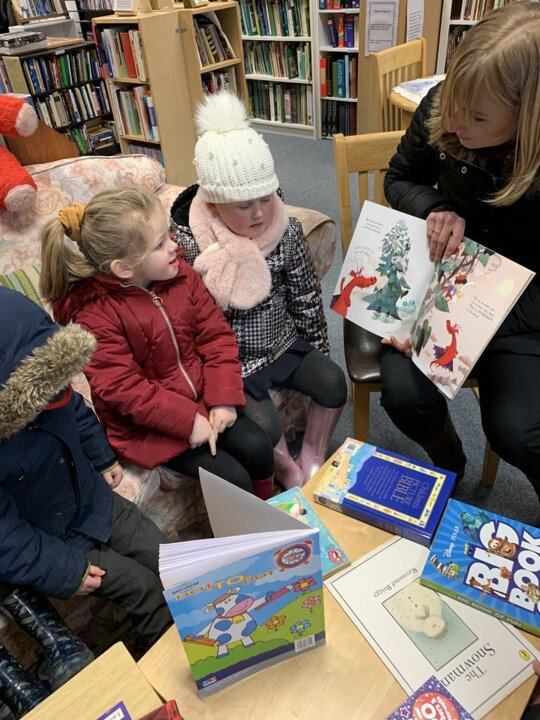Why we teach English at St. Chad’s
English has a pre-eminent place in education, in society and in St. Chad’s. It teaches our pupils to speak and write fluently so that they can communicate their ideas and emotions to others, and through their reading and listening, others can communicate with them.
Through reading in particular, our pupils have a chance to develop culturally, emotionally, intellectually, socially and spiritually. Reading also enables our pupils both to acquire knowledge and to build on what they already know.
All the skills of language are essential for our pupils to participating fully as a member of society.
How we teach English at St. Chad’s
Writing:
We aim to develop the children’s ability to produce well structured, clear writing for a range of purposes, which interests the reader. Components of writing including spelling, grammar and punctuation are taught discretely with the children given many opportunities to apply these to their writing. Writing is model effectively by teachers including all the components needed for effective writing. Guided writing sessions then target specific skills with the children applying these to their independent writing.
Composition:
High quality texts featuring different text types are used to inspire the children’s writing. The children are given lots of opportunities to talk about, share, plan and expand their ideas and vocabulary before recording. Alongside this, educational visits, visitors or reaction to current events and real-life experiences are used to provide opportunities for the children to write for real audiences and a purpose to ensure they develop into confident writers.
Vocabulary, Grammar and punctuation:
Vocabulary, grammar and punctuation are taught discretely from Year 1 to Year 6 using a range of strategies and resources. Further opportunities to enhance their understanding of vocabulary, grammar and punctuation arise through reading and writing, allowing opportunities to embed these skills.
Spelling:
Children are taught to use their fingers to help spell words using the phonics they have learned. A word is said out loud and the children break it down into individual sounds. The children then say they sound as they press the finger.
They also learn how to spell red words with grotty graphemes that contain unusual spelling patterns.
Following Read Write Inc phonics, usually in Year 2, the children progress to Read Write Inc spellings where they learn different spelling patterns and rules. Emphasis is placed upon the children learning the spelling rules and applying these in their independent writing.
Handwriting:
Clear handwriting is crucial to enable children to record their ideas. From entry into school, we ensure children have opportunities to develop the fine and gross motor skills needed to develop the skills for handwriting. Direct teaching of letter formation is used to ensure the children form letters correctly. When ready, we progress to teaching the letter joins needed to develop a fluent cursive style of handwriting.
What we aim to achieve through the teaching of English at St. Chad’s
To ensure that all pupils can:
- read easily, fluently and with good understanding
- develop the habit of reading widely and often, for both pleasure and information
- acquire a wide vocabulary, an understanding of grammar and knowledge of linguistic conventions for reading, writing and spoken language
- appreciate our rich and varied literary heritage
- write clearly, accurately and coherently, adapting their language and style in and for a range of contexts, purposes and audiences
- use discussion in order to learn; they should be able to elaborate and explain clearly their understanding and ideas
- are competent in the arts of speaking and listening, making formal presentations, demonstrating to others and participating in debate
